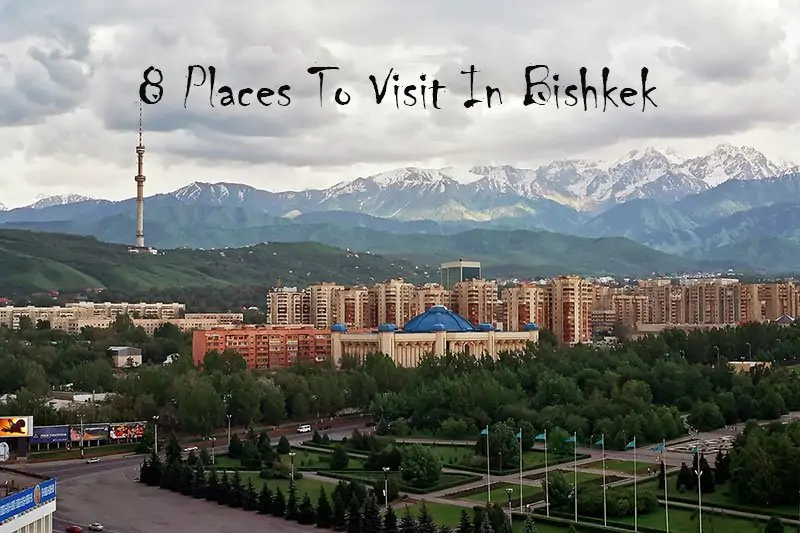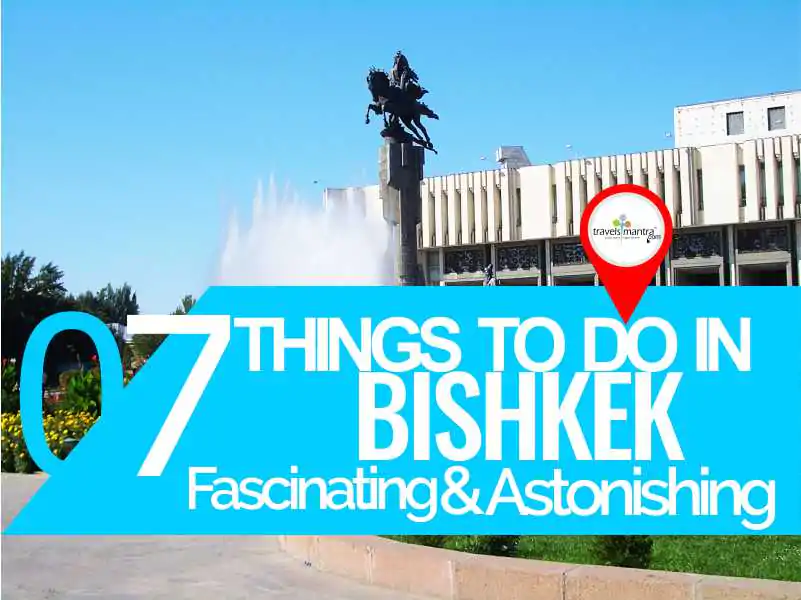Welcome To Turkey
Turkey is a nation straddling eastern Europe and western Asia with cultural connections to ancient Greek, Persian, Roman, Byzantine and Ottoman empires. Cosmopolitan Istanbul, on the Bosphorus Strait, is home to the iconic Hagia Sophia, with its soaring dome and Christian mosaics, the massive 17th-century Blue Mosque and the circa-1460 Topkap Palace, former home of sultans. Ankara is Turkey’s modern capital.
History Of Turkey
The history of Turkey, understood as the history of the region now forming the territory of the Republic of Turkey, includes the history of both Anatolia (the Asian part of Turkey) and Eastern Thrace (the European part of Turkey).
For times predating the Ottoman period, a distinction must be made between the history of the Turkic peoples, and the history of the territories now forming the Republic of Turkey, essentially the histories of ancient Anatolia and Thrace. The name Turkey is derived from Middle Latin Turchia, i.e. the “land of the Turks”, historically referring to an entirely different territory of Eastern Europe and Central Asia, which fell under the control of Turkic peoples in the early medieval period.
From the time when parts of what is now Turkey was conquered by Turks, the history of Turkey spans the medieval history of the Seljuk Empire, the medieval to modern history of the Ottoman Empire, and the history of the Republic of Turkey since the 1920s.
Culture Of Turkey
The culture of Turkey combines a heavily diverse and heterogeneous set of elements that have been derived from the various cultures of the Eastern Mediterranean (West Asian) region and to a lesser degree, Southeastern European, Caucasian, and Central Asian traditions. Many of these traditions were initially brought together by the Ottoman Empire, a multi-ethnic and multi-religious state. The present-day Republic of Turkey, which was declared in 1923 after the dissolution of the Ottoman Empire, is still a transcontinental country that spans Europe and Asia.
During the early years of the republic, the government invested a large number of resources into fine arts such as paintings, sculpture, and architecture. This was done as both a process of modernization and of creating a cultural identity. Because of the different historical factors defining the Turkish identity, the culture of Turkey combines clear efforts of modernization and Westernization undertaken in varying degrees since the 1700s, with a simultaneous desire to maintain traditional religious and historical values.
People Of Turkey
Turkish culture has undergone profound changes over the last century. Today, Turkey may be the only country that contains every extreme of Eastern and Western culture (along with many compromises and fusions between the two). The Ottoman system was a multi-ethnic state that enabled people within it not to mix with each other and thereby retain separate ethnic and religious identities within the empire (albeit with a dominant Turkish and Southern European ruling class). Upon the fall of the empire after World War I the Turkish Republic adopted a unitary approach, which forced all the different cultures within its borders to mix with each other with the aim of producing national and cultural identity. This mixing, instead of producing cultural homogenization, instead resulted in many shades of grey as the traditional Muslim cultures of Anatolia collided with the cosmopolitan modernity of Istanbul and the wider West.
Customs Of Turkey
1)When you are invited into a Turkish home, make sure to bring them a gift. Anything is fine from flowers to chocolate and indeed something representative from your country (but not wine and other alcoholic beverages if you are about to meet the host or if you do not know them well enough, as many Turks, for religious reasons or not, do not drink alcoholic beverages, and that is why it would be considered inappropriate as a gift). When you arrive at the house take off your shoes just outside or immediately inside the door unless the owner explicitly allows you to keep them on. Even then, it might be more polite to remove your shoes. And if you really want their respect, thank your host for the invitation and compliment them. When inside the house, don’t ask for anything for they will surely offer it. The host will make sure to make you feel at home, so don’t take advantage of their kindness.
2)People in Turkey respect elderly people, so in a bus, tram, subway and in other forms public transportation, young(er) people will always offer you a place to sit if you are an old(er) person as well as a handicapped person or a pregnant woman or have children with you.
3)It is respectful to bend slightly (not a complete bow) when greeting someone older or in a position of authority.
4)Try to use some Turkish phrases. They will be complimentary if you try, and there is no reason to be embarrassed. They realize that Turkish is very difficult for foreigners and won’t scoff at all at your mistakes; on the contrary, they will be delighted for trying it, even if they may not always be able to understand your pronunciation!
Places to Visit or Popular Destinations in Turkey
1) Istanbul
2) Antalaya
3) Cappadocia
4) Bodrum
5) Izmir
6) Alanya
7) Marmaris
8) Side
9) Belek
10) Ankara
11) Kemer
12) Bursa
Night Clubs in Turkey
1) Club Inferno
2) Aura Club Kember
3) HaliKarnas Club
4) Karma Restaurant & Bar
5) Queens Garden
6) Club Posh
7) Baby Lon
8) Tuskin Club Iq
9) Indigo
10) Sess
11) Club Light House













